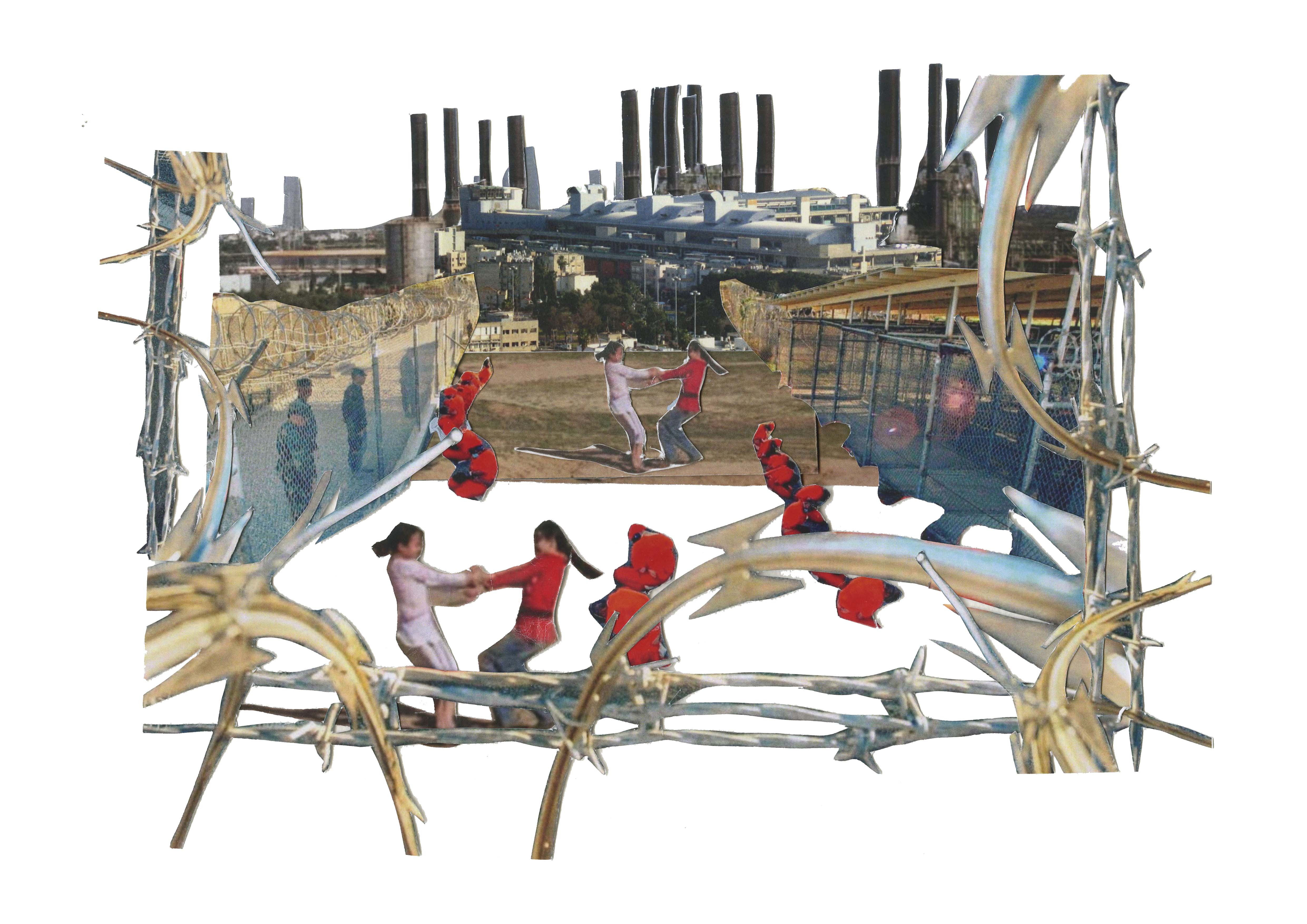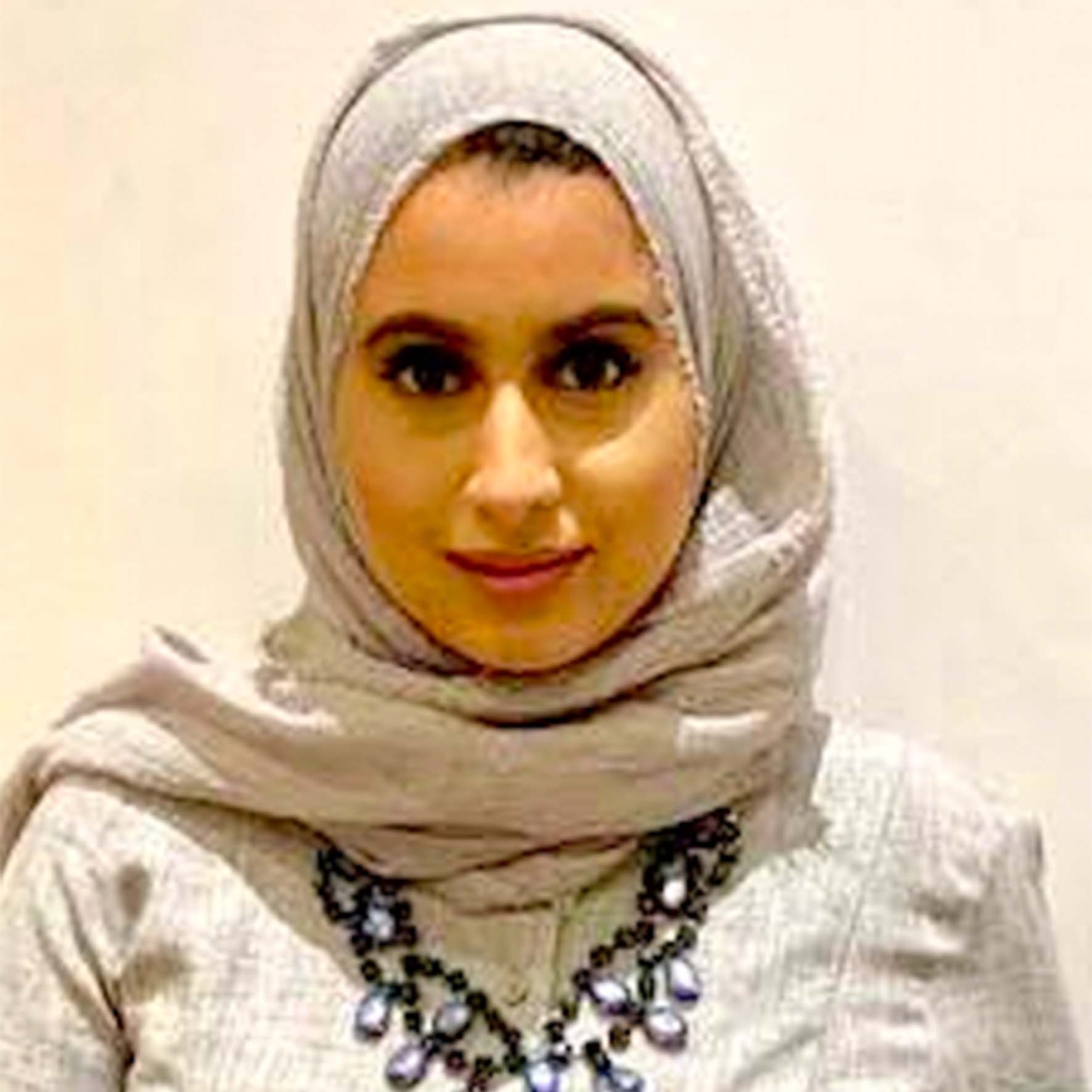Leaking Guantanamo

Guantanamo Bay prison leaks. Parts of it are overgrown with weeds. And yet, as of today, 36 detainees still remain imprisoned within its leaking walls. How did the United States of America come to erect this gruesome, derelict, but still operational prison on Cuban soil? In this episode, Shereen Fernandez, tells the story of how the crimes of Guantanamo Bay prison are part of a longer history of American imperialism and racial exclusion.
As we will hear, it is also a story of the true crimes of capitalism and privatisation. We’ll learn how big corporations like Kellogg Brown & Root and Mitchell Jessen and Associates have raked in profits off of the detainees' suffering, sustaining GTMO in a state of total disrepair and piloting enhanced interrogation techniques on its prisoners’ bodies. The former detainee Moazzem Begg and the academic Lisa Hajjar paint Shereen a vivid portrait of what it is like to be within Guantanamo, making an irrefutable case for why this criminal prison must be shut down.
As we will hear, it is also a story of the true crimes of capitalism and privatisation. We’ll learn how big corporations like Kellogg Brown & Root and Mitchell Jessen and Associates have raked in profits off of the detainees' suffering, sustaining GTMO in a state of total disrepair and piloting enhanced interrogation techniques on its prisoners’ bodies. The former detainee Moazzem Begg and the academic Lisa Hajjar paint Shereen a vivid portrait of what it is like to be within Guantanamo, making an irrefutable case for why this criminal prison must be shut down.
Useful Links
CAGE:
www.cage.ngo
www.cage.ngo
Further Reading
Mohamedou Ould Slahi. “The Mauritanian” (originally published as Guantánamo Diary), (London: Little, Brown, 2015).
Mansoor Adayfi. “Don't Forget Us Here,” (London: Hachette Books, 2021).
Nikòl Payen. “Lavalas: The Flood after the Flood,” Calaloo 25: 3 (2000), pp. 759-771.
Joseph Hickman. “Murder at Camp Delta,” (New York: Simon & Schuster, 2016).
Mansoor Adayfi. “Don't Forget Us Here,” (London: Hachette Books, 2021).
Nikòl Payen. “Lavalas: The Flood after the Flood,” Calaloo 25: 3 (2000), pp. 759-771.
Joseph Hickman. “Murder at Camp Delta,” (New York: Simon & Schuster, 2016).

Shereen Fernandez
is an academic at LSE and researches the legal geographies of the War on Terror and its impacts on Muslim communities globally. She has a PhD from Queen Mary University which examined the impacts of the Prevent Duty and fundamental British values requirement on teachers and Muslim parents in London. Her recent projects include a collaboration with the organisation Maslaha on the securitisation of Muslims in Britain and she has written extensively about the global impacts of counter-extremism and counter-terror strategies on marginalised communities. Shereen can be found on Twitter at @shereenfdz

